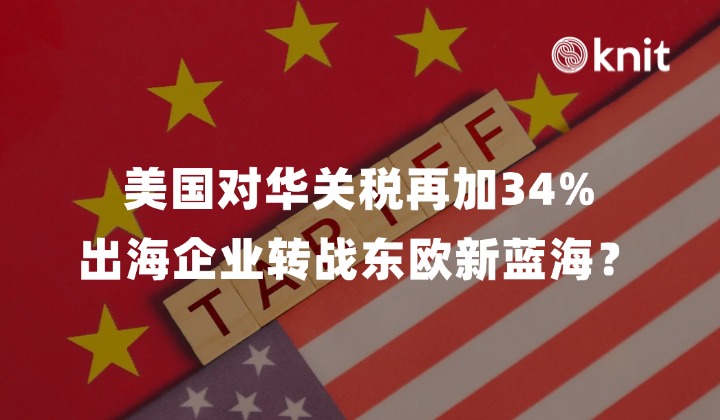China’s leading government officials are in the process of rolling out a new foreign investment law. The new law provides guidance on foreign investment in the country and will become effective on January 1, 2020. The law seeks to address common complaints lodged by foreign governments and companies doing businesses in China, but some critics believe that the law will not properly address their concerns.
Purpose of the Foreign Investment New Law
According to governmental officials, the new law is part of the nation’s fundamental state policy to attract foreign investment and make China open to the rest of the world. They say that it was designed to attract foreign investment and protect it through the passage of laws. It intends to help build a stable, transparent and predictable market based on fair competition.
Read: What Industries in China Encourage Foreign Investment
Important Details About the New Law
The new foreign investment law replaces several previous laws and will become the guiding document to direct foreign investment.
Who the Law Applies To
The new law will apply to the activities of individual foreign investors and foreign-invested enterprises, including:
- Wholly foreign-owned enterprises
- Sino-foreign joint ventures
- Investors from Hong Kong, Macau, Taiwan
Equal Treatment for Foreign Investors
A significant part of the new law is the equal treatment that it provides foreign investors. These provisions will help foreign investors be on a level playing field with domestic companies.
These equal treatment provisions apply to:
- Participating in government procurement
- Applying for licenses
- Participating in the formulation of standards
Intellectual Property Protections
A long-standing criticism of doing business in China is the possibility of having intellectual property stolen by Chinese partners and counterfeiters.
The new law prohibits joint venture partners from stealing intellectual property or trade secrets from their foreign partners. Additionally, the new law forbids government officials from using administrative measures to pursue forced technology transfers. If they violate the law, they can face criminal charges for this action. This is important for many foreign investors who report pressure to transfer technology in order to access the Chinese market.
Managing Foreign Investment
The law dictates that the country must use the Negative List to provide consistent treatment. This will help foreign investors be treated in the same manner as domestic investors during the initial setup stage.
Additionally, the foreign investment law will protect investors from arbitrary expropriation of their funds. However, there will still be special circumstances when the country can expropriate foreign investment, such as when it is in the public interest of China to do so. However, if this occurs, the state must follow the proper procedures and provide fair and reasonable compensation.
Criticism of China’s Foreign Investment Laws
China has recently been bombarded with negative criticism regarding its purported lack of openness to foreign investment. This is in part due to the ongoing trade war with the United States. Critics point to inconsistent enforcement of its laws and believe that the current rendition of the law does not adequately address their concerns.
Additionally, ambiguity in the law may require foreign investors to delay investments until they receive clarification and the application of the law in practice. Some media outlets report that some language in the law was made vague on purpose or was removed because policymakers could not agree on how certain issues should be handled. This allows local officials to interpret and adapt laws based on local conditions and necessities. However, this general practice can make the laws less consistent and transparent for foreign investors.
Furthermore, professionals warn that the government may take a long time before it releases implementation rules regarding the new law. This is a critical step that demonstrates how the government will encourage certain investments or enforce the laws. Critics recommend viewing the law as an overarching framework until more definite rules are put in place.
Government officials report that they are aware of some of these issues and will issue additional implementation directives and matching regulations to protect foreign investors. Additionally, they plan on developing methods to handle complaints that foreign-invested enterprises file.
Another concern expressed by critics is that some of the new provisions could allow the government to retaliate businesses in case it has a dispute with the foreign country from which the business originates.
Investor Response
Professionals believe that many foreign investors will implement a wait-and-see approach before they take action regarding the new investment law. This will allow them time to assess the current law, how it is enforced and the daily implications that it may have on doing business in China. Additionally, they may have to wait for industry-specific laws to be adopted and receive guidance on approval processes from local administrative agencies.















